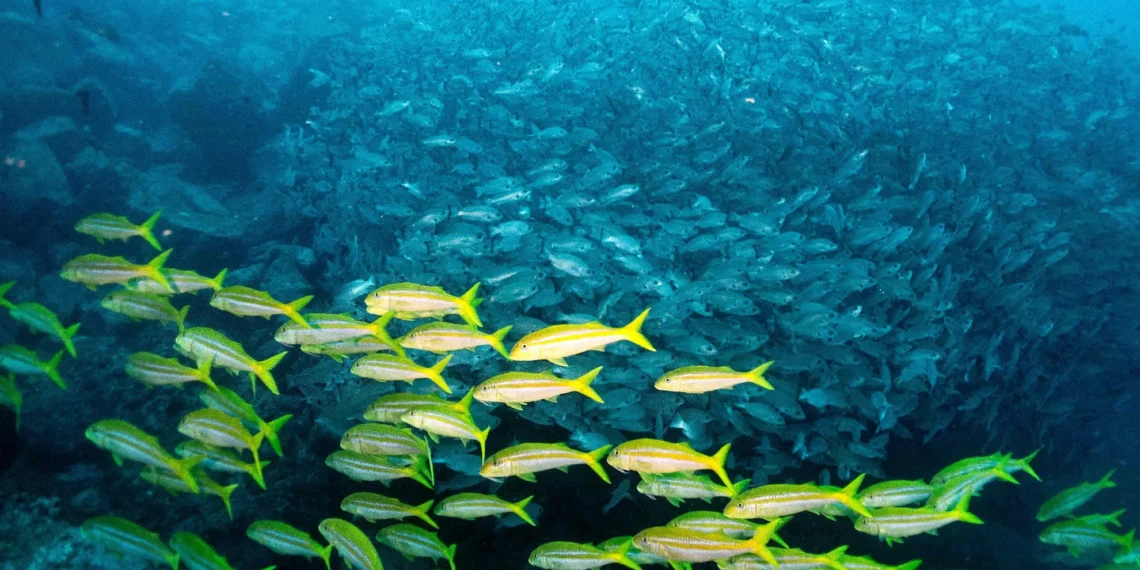As the world continues to grapple with the effects of global warming, scientists are urging for a more coordinated effort in tackling this pressing issue. While there have been various approaches proposed to combat climate change, it is important to consider the unintended consequences that these actions may have on nature and the protection of biodiversity.
Global warming, also known as climate change, is the long-term rise in the average temperature of the Earth’s climate system. This is primarily caused by the increase in greenhouse gases, such as carbon dioxide, in the atmosphere. The consequences of global warming are far-reaching and include rising sea levels, extreme weather events, and the loss of biodiversity.
In recent years, there has been a growing awareness and urgency to address global warming. Governments, organizations, and individuals have taken steps to reduce their carbon footprint and mitigate the effects of climate change. However, some of these efforts may have unintended consequences for nature and the protection of biodiversity.
One approach that has been widely adopted is the use of renewable energy sources, such as solar and wind power, to reduce the reliance on fossil fuels. While this is a positive step towards reducing greenhouse gas emissions, the production and installation of renewable energy infrastructure can have negative impacts on the environment. For example, the construction of large solar farms can disrupt natural habitats and migration patterns of animals, while wind turbines can pose a threat to birds and bats. Therefore, it is crucial to carefully consider the location and design of renewable energy projects to minimize their impact on nature.
Another approach to tackling global warming is through the use of biofuels, which are derived from organic matter such as plants and algae. While biofuels are considered a more sustainable alternative to fossil fuels, their production can have unintended consequences for biodiversity. The demand for biofuels has led to the conversion of natural habitats, such as forests and grasslands, into agricultural land for the cultivation of biofuel crops. This can result in the loss of biodiversity and disruption of ecosystems. Therefore, it is important to strike a balance between the production of biofuels and the protection of natural habitats.
In addition to these approaches, there has been a push for reforestation and afforestation as a means to absorb carbon dioxide from the atmosphere. While planting trees can help mitigate the effects of climate change, it is essential to consider the type of trees being planted and their impact on the local ecosystem. Planting non-native species can have negative consequences on the biodiversity of an area, as they may outcompete native species for resources and disrupt the balance of the ecosystem.
Furthermore, the use of carbon capture and storage (CCS) technology has been proposed as a way to reduce carbon emissions from power plants and industrial facilities. However, the process of capturing and storing carbon dioxide underground can have potential risks for the environment, such as the leakage of stored carbon dioxide into the atmosphere or groundwater contamination. Therefore, it is crucial to thoroughly assess the potential impacts of CCS technology on the environment before implementing it on a large scale.
In light of these unintended consequences, scientists are calling for a more coordinated effort in tackling global warming. This includes considering the potential impacts on nature and biodiversity in the development and implementation of climate change solutions. It is essential to strike a balance between addressing the urgent issue of global warming and protecting the environment.
Moreover, it is crucial to involve all stakeholders, including governments, businesses, and local communities, in the decision-making process. By working together, we can find sustainable solutions that not only address global warming but also protect nature and biodiversity.
In conclusion, while the fight against global warming is a pressing and urgent issue, it is important to consider the unintended consequences that some approaches may have on nature and the protection of biodiversity. By taking a more coordinated and holistic approach, we can find sustainable solutions that not only mitigate the effects of climate change but also preserve our planet’s precious ecosystems. Let us all work together towards a greener and more sustainable future for generations to come.






